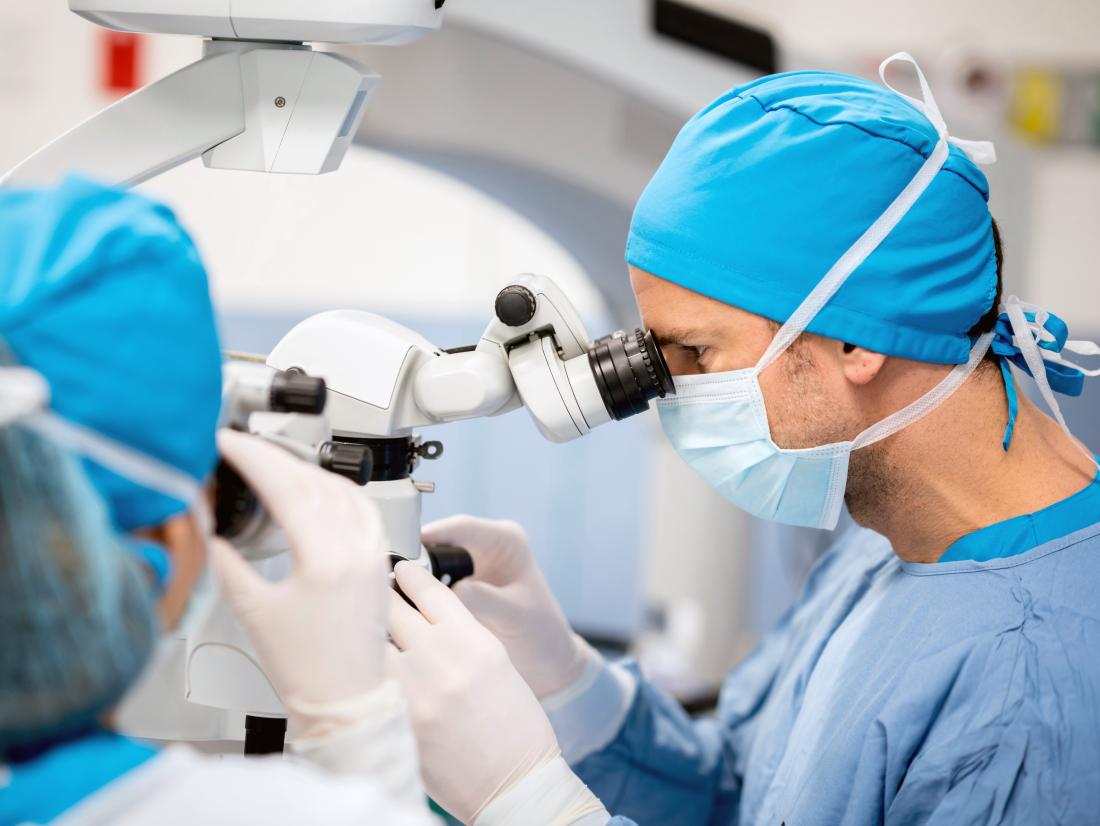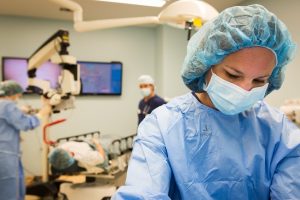Eye Exam Can Be Fun For Anyone
Table of ContentsSome Ideas on Adult Strabismus You Need To KnowThe 10-Minute Rule for Paediatric OphthalmologyTop Guidelines Of Paediatric OphthalmologyAmblyopia - Questions
Eye doctors are medical physicians who specialize in the diagnosis and also therapy of eye and vision troubles. These three types of eye treatment specialists have instead similar-sounding names as well as overlapping job summaries.They can not provide eye examinations, compose prescriptions, or diagnose or deal with eye issues. can examine your eyes, examination your vision, suggest glasses or contacts, and identify and also deal with lots of eye disorders as well as conditions. They are not medical doctors or surgeons yet can prescribe certain eye-related drugs (https://folkd.com/user/drcrlinecatt). likewise provide eye tests, vision screening, as well as prescriptions for glasses or call lenses.

Ophthalmologists diagnose and also deal with injuries, infections, diseases, and also problems of the eye. Therapies can include medication taken orally (by mouth) or topically (in the eye), surgical treatment, cryotherapy (freeze treatment), and also radiation treatment (chemical therapy). Eye doctors attend medical college after that obtain a number of years of specialized training in the medical and surgical care of the eye.
Things about Emergency Eye Problems
As they are the only medical specialists that can treat all eye conditions, eye doctors see a broad range of eye conditions, including: How frequently should you have an eye test? What are signs and symptoms that indicate you may have an eye problem that needs to be inspected by an optometrist? The American Academy of Ophthalmology advises: As youngsters's eyes are growing as well as transforming rapidly, they need to obtain a vision testing.
Grownups that have healthy and balanced eyes and also outstanding vision must have four comprehensive eye examinations: one in their 20s, two in their 30s, and one at age 40. These appointments may enable the ophthalmologist to capture an eye illness or vision changes at an early stage. By the time you see symptoms, you might already have some vision loss (ADULT & PAEDIATRIC EYE SURGERY).

Individuals who are at a higher danger of eye condition might require to obtain an eye examination more frequently. This can consist of people with diabetic issues, high blood stress, or a family history of eye problems - EYE CHECKS. After age 65, your eyes ought to be inspected each to two years. No matter age, people that wear calls need to have a full eye exam every year.
Your sight depends on seeing the best eye medical professional at the best time. When it's time to "obtain your eyes inspected," make sure you are seeing the ideal eye treatment professional for your needs.
What Does Adult & Paediatric Eye Surgery Mean?

is a medical or osteopathic physician who concentrates on eye as well as vision treatment. Ophthalmologists differ from eye doctors and lens in their degrees of training and also in what they can diagnose and also deal with (https://docs.google.com/spreadsheets/d/1g4XwEisosD9HWHujwhGO8qocRc4gWb8vCB6HqLO3wqE/edit?usp=sharing). As a clinical physician that has actually completed college as well as at the very least 8 years of added medical training, an eye doctor is licensed to exercise medication as well as surgical procedure.
Several ophthalmologists are also associated with scientific research study on the causes as well as treatments for eye diseases and vision problems. SUBSPECIALISTS: ADDITIONAL EXPERTISE AND ALSO TRAINING FOR SPECIFIC EYE requires While eye doctors are educated to care for all eye troubles and also problems, some Eye M.D.s concentrate on a specific area of medical or surgical eye care.
He or she typically completes one or two years of extra, more comprehensive training called a fellowship in one of the main subspecialty areas such as glaucoma, retina, cornea, pediatrics, neurology and also cosmetic surgery, as well as others. This included website link training as well as expertise prepares an ophthalmologist take treatment of even more complicated or particular problems in particular locations of the eye or in specific groups of individuals.
An eye doctor is not a medical physician. An eye doctor gets a doctor of optometry (OD) degree after completing 4 years of optometry institution, come before by three years or more years of university. They are accredited to exercise optometry, which primarily entails executing eye tests as well as vision examinations, prescribing as well as dispensing rehabilitative lenses, discovering specific eye irregularities, as well as suggesting medicines for certain eye illness.
What Does Emergency Eye Problems Do?
They use prescriptions supplied by ophthalmologists or optometrists, but do not examine vision or create prescriptions for visual modification (https://worldcosplay.net/member/1058977). Opticians are not allowed to detect or treat eye diseases. EYE EXAM.
That's why it is so essential to see an ophthalmologist for a full medical eye exam by age 40, as well as then as typically as prescribed by your Eye M.D.
A full, clinical eye exam by an Eye M.D. could be the very first action towards saving your view. Bulging of one or both eyes; Dark drape or veil that obstructs your vision; Reduced vision, also if temporary; Diabetic issues mellitus; Altered vision; Double vision; Excess tearing; Eyelid irregularities; Household background of eye illness; Halos (tinted circles around lights); High blood pressure; HIV or Help; Injury to the eye; Loss of peripheral (side) vision; Misaligned eyes; New drifters (black "strings" or specks in the vision) and/or flashes of light; Discomfort in the eye; Thyroid disease-related eye problems (Graves' illness); Unusual red eye.